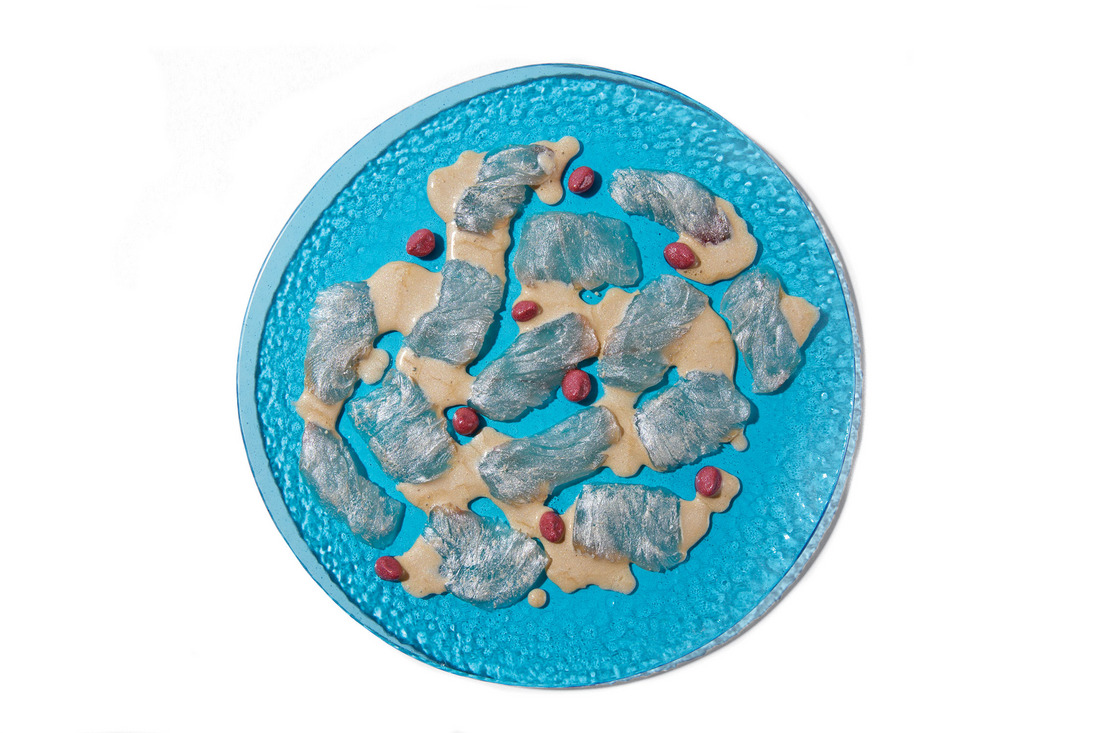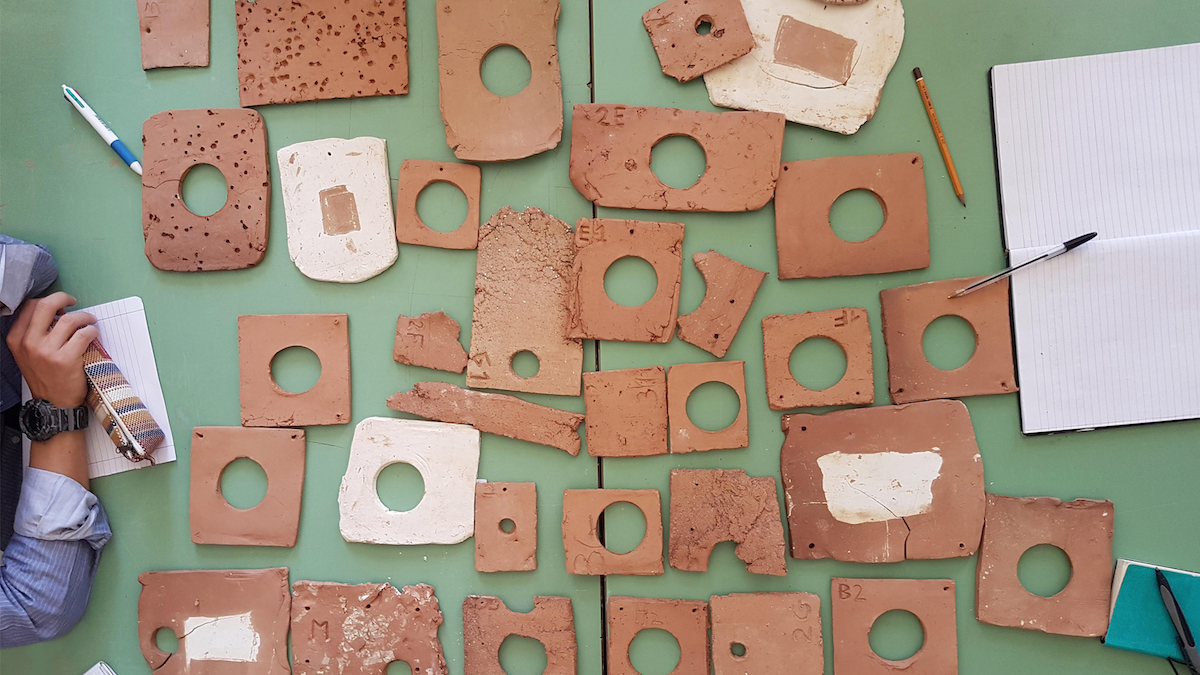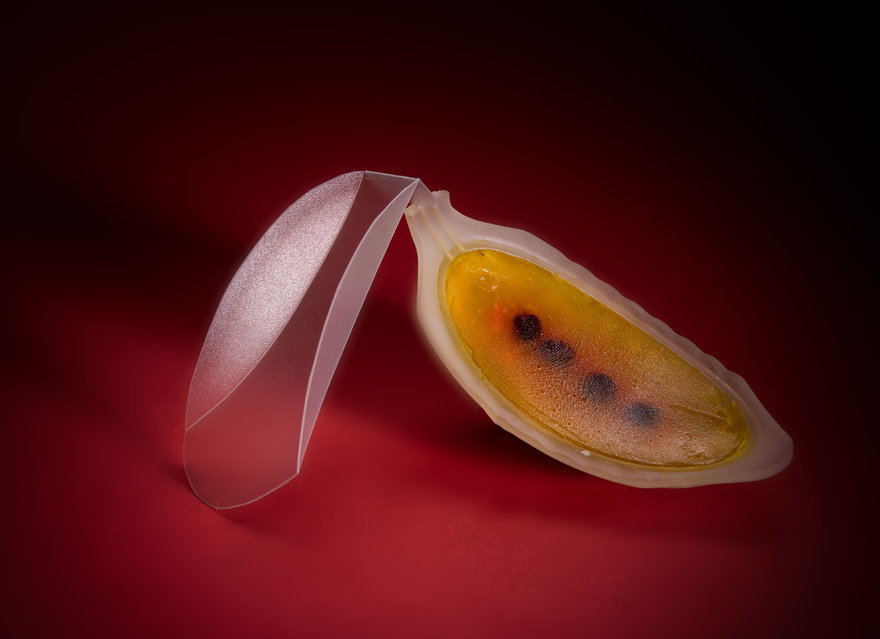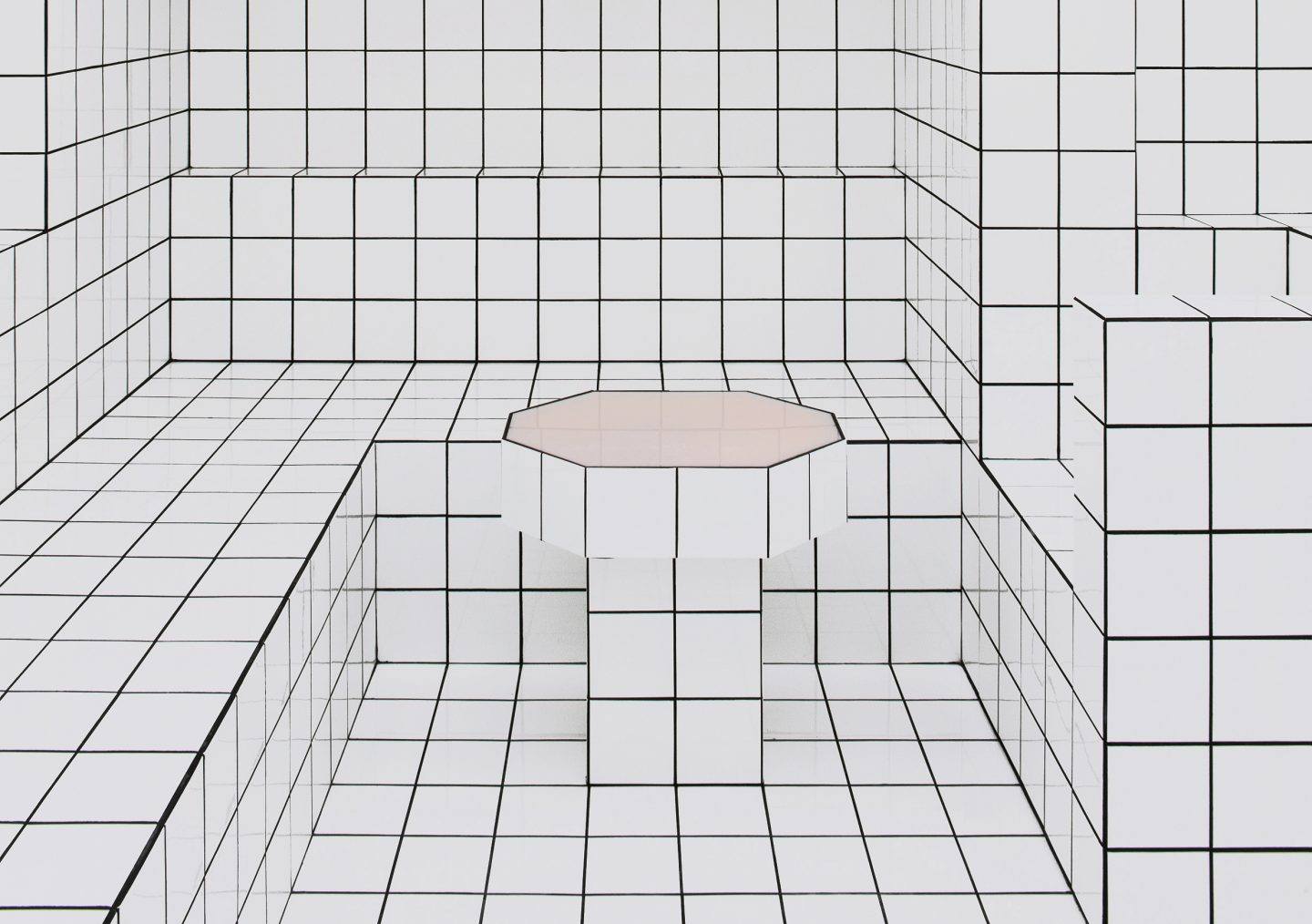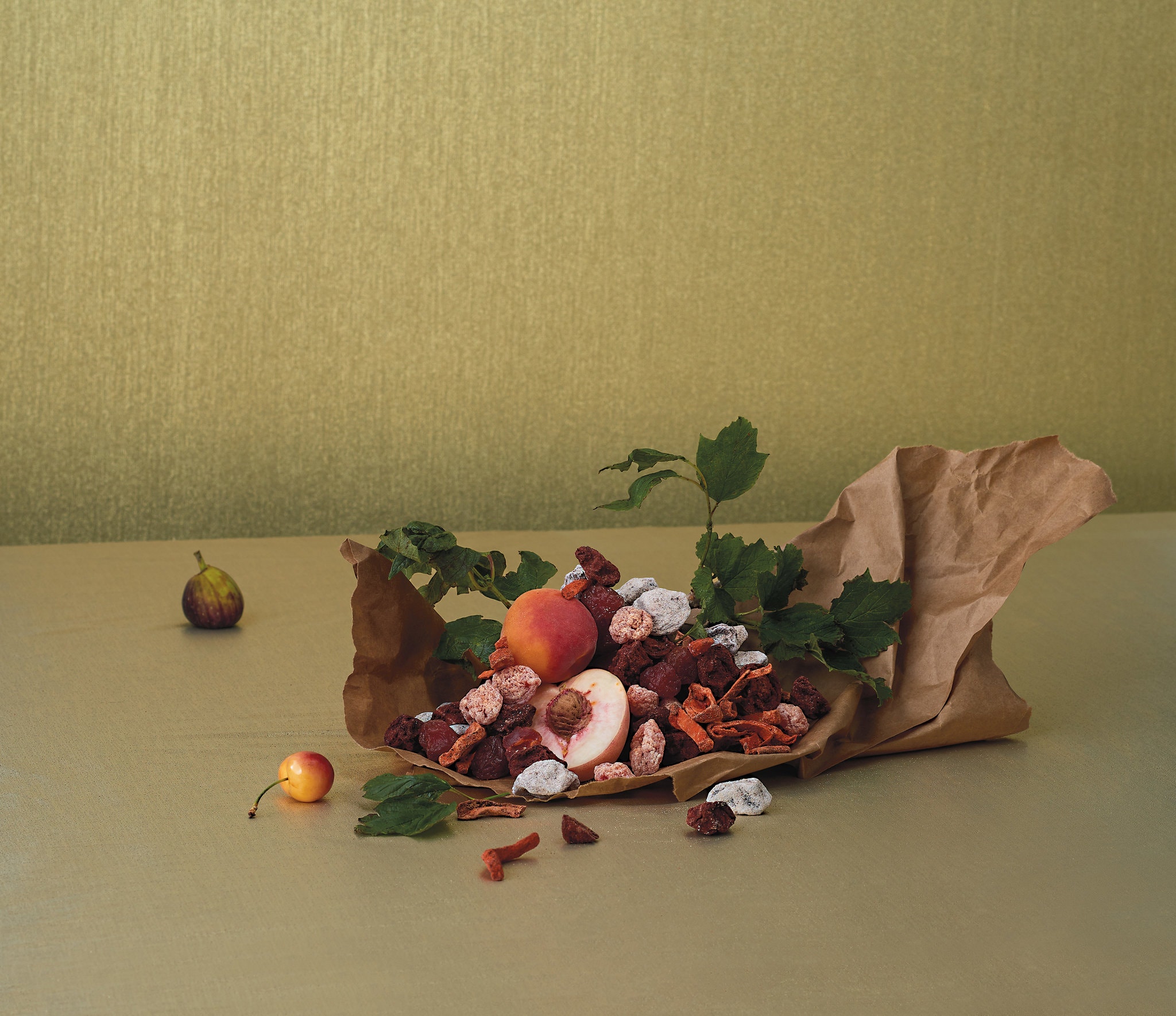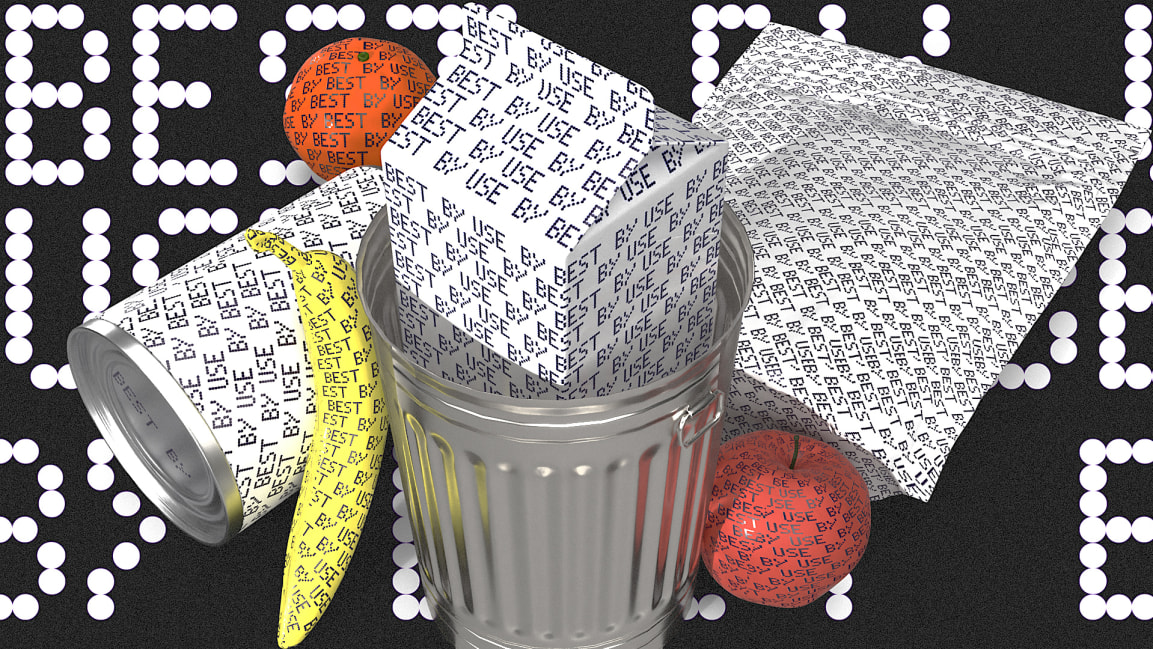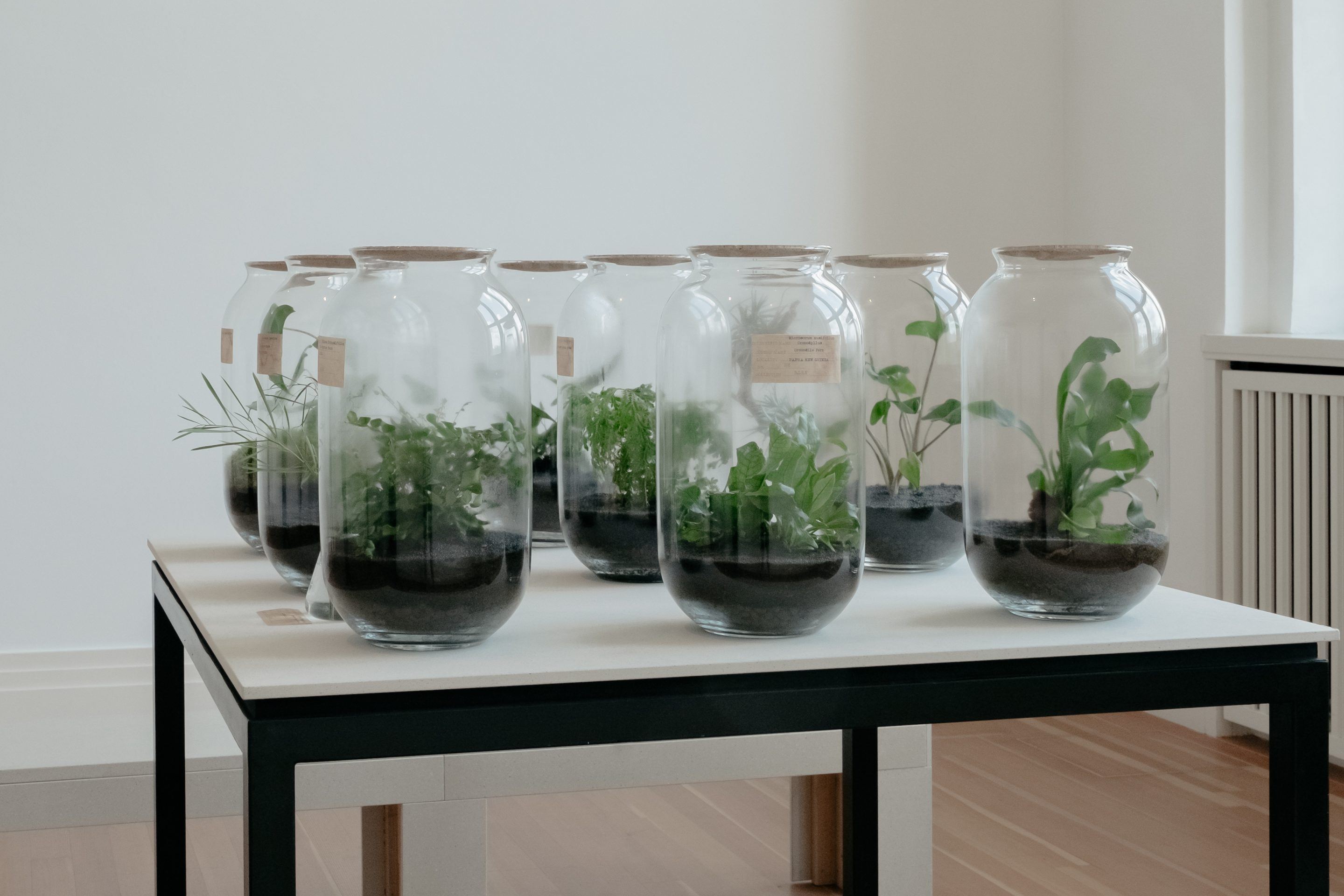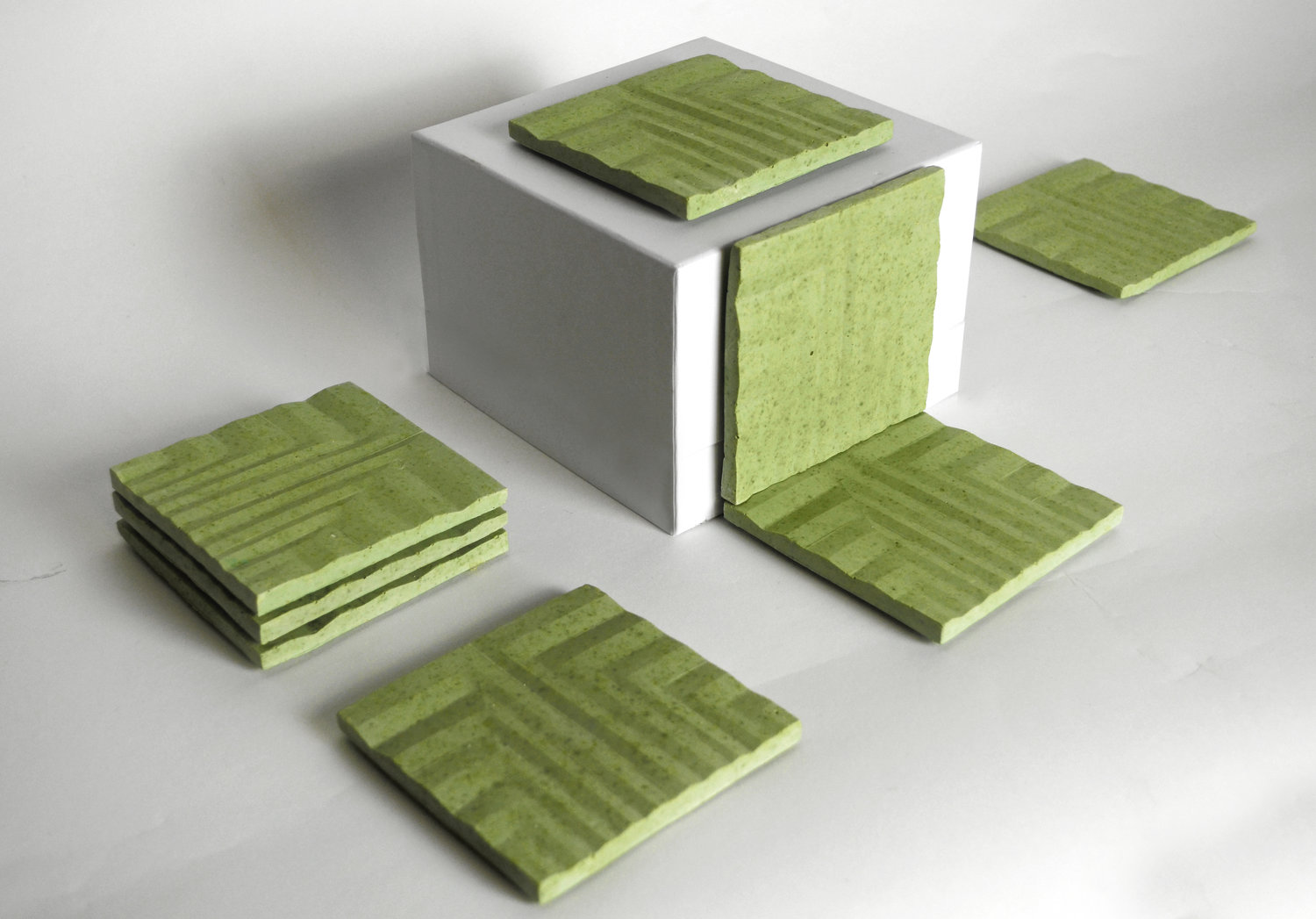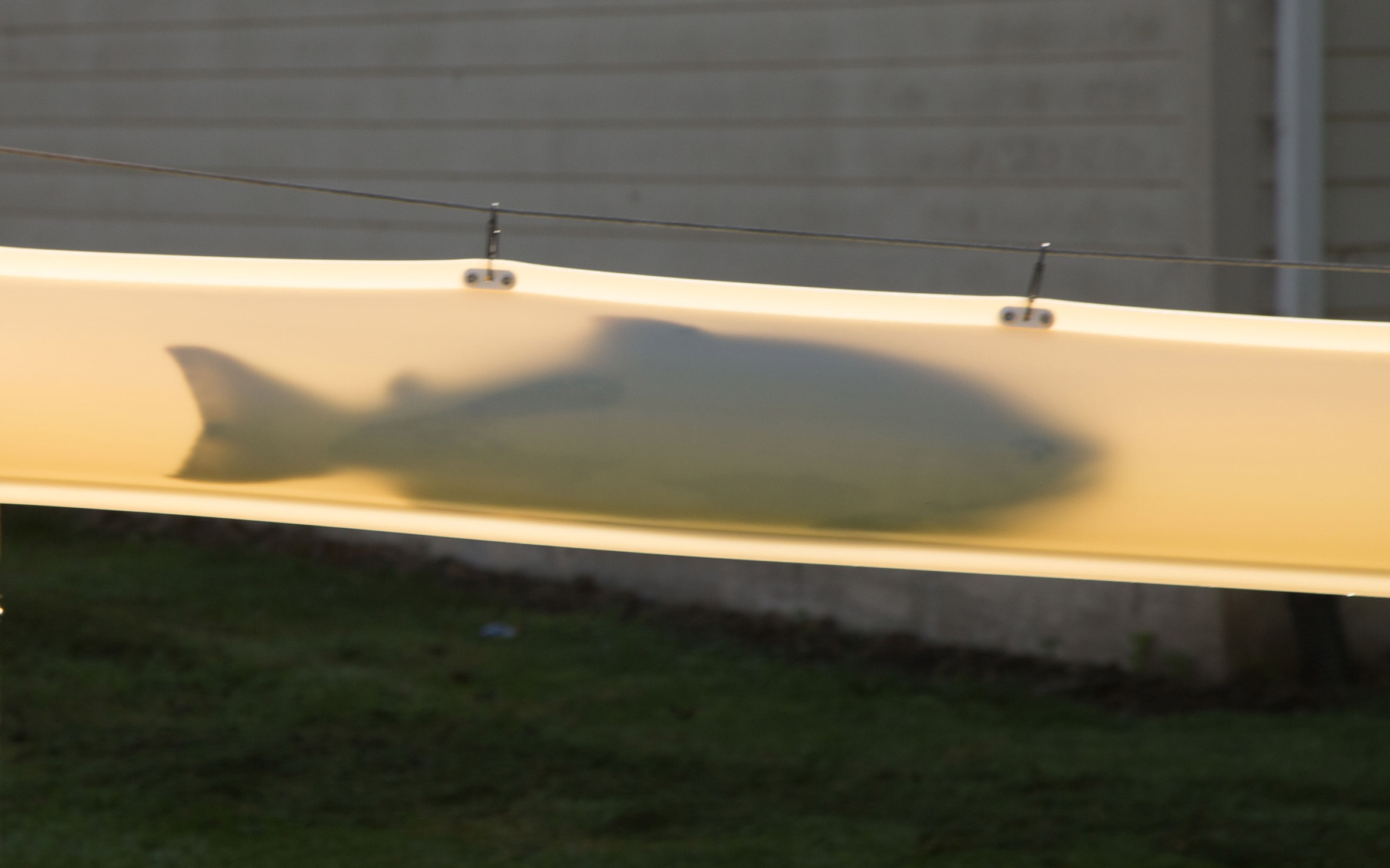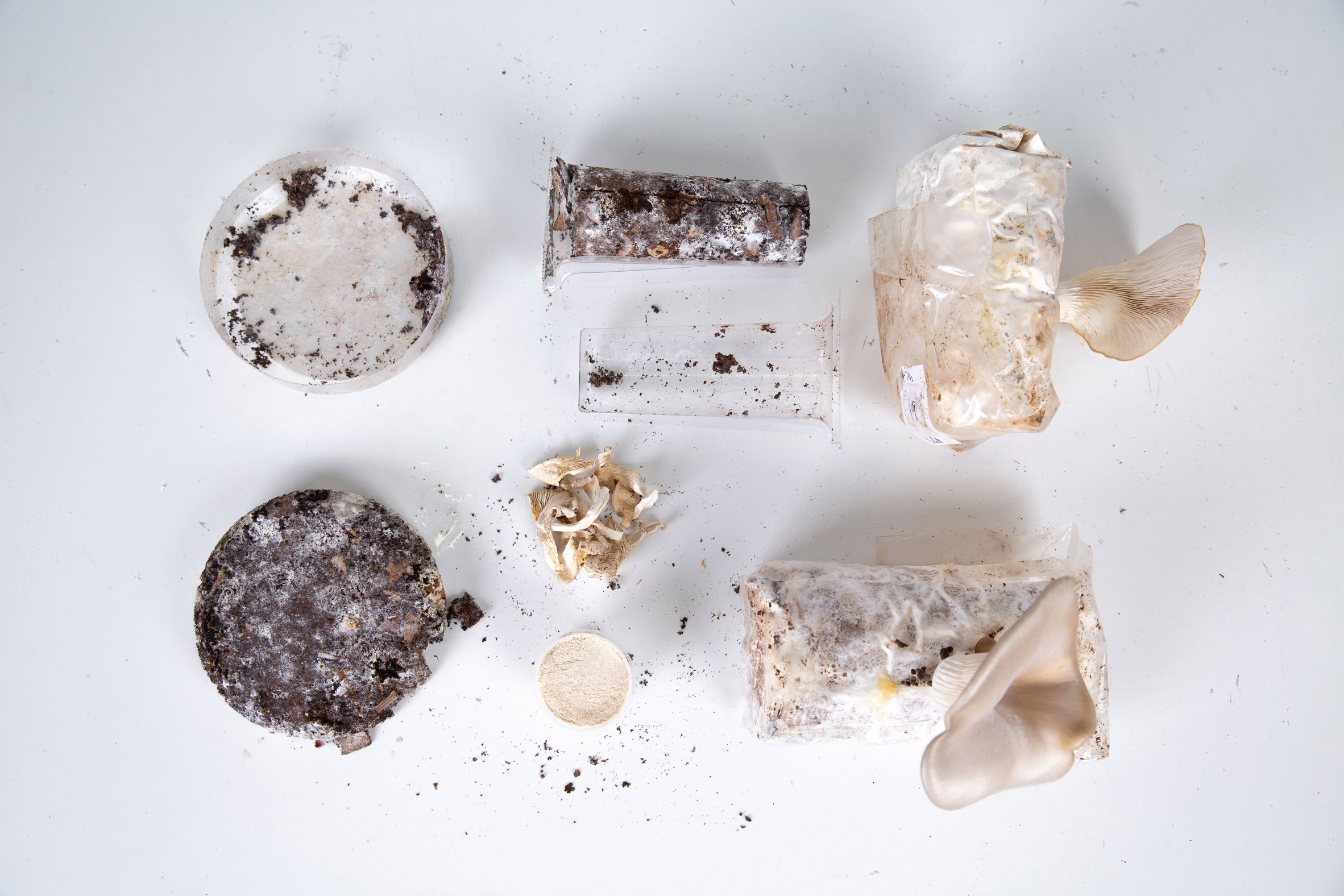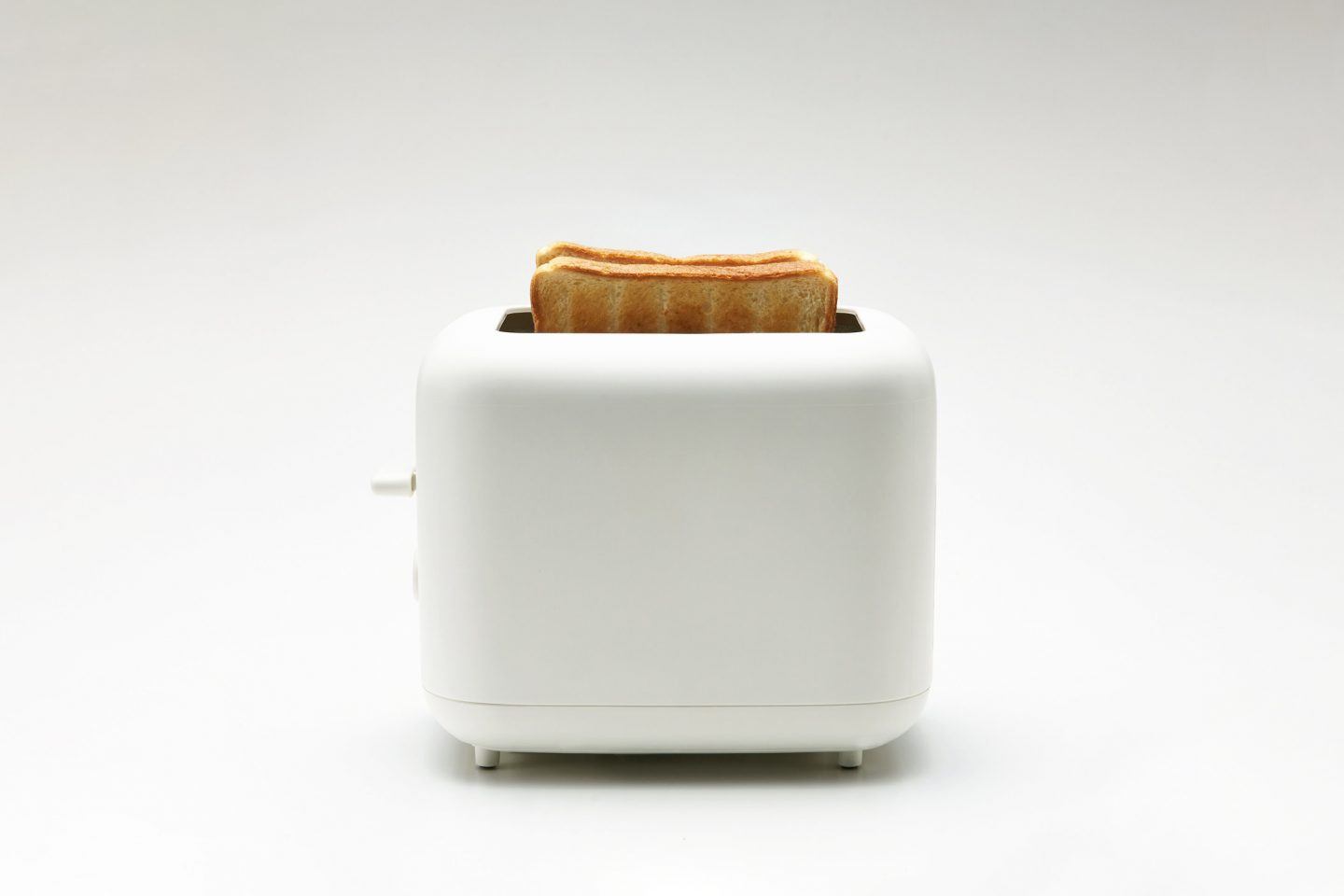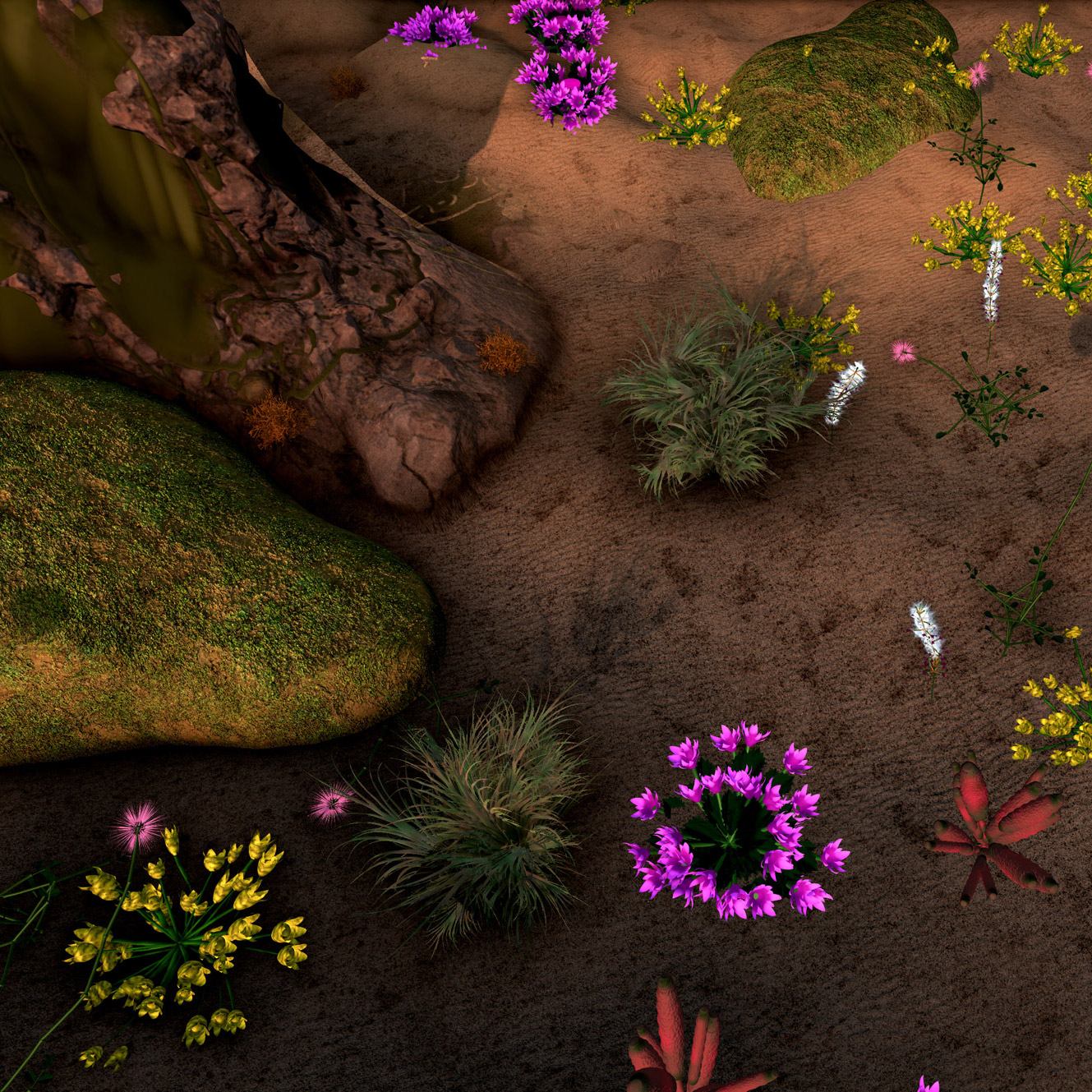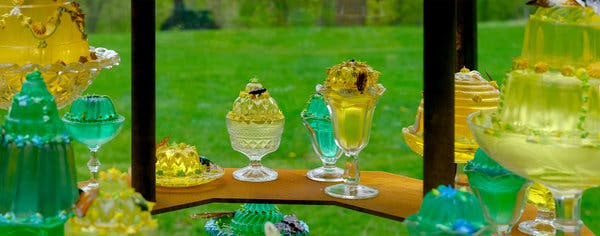Our weekly serving of off-the-menu items – a few popular favorites from the week, as well as a few morsels that may have slipped your notice.
Marjan van Aubel’s rooftop greenhouse uses solar energy to power its hydroponic growing system. This solar powered system makes the greenhouse entirely autonomous, generating enough energy from the sun to control its internal climate and grow plants with LED lights. Developed in conjunction with Yasmine Ostendorf of The New Institute, the project debuted during Dutch Design Week.
The seemingly archaic practice of employing an official taster to check food for poisons—classically used by powerful politicians, businessmen and leaders to protect themselves—may be making a return to the tables of global influencers. This article by The New York Times chronicles the use of official tasters in recent years.
The Economics of Drone Delivery
Although drones seem the buzzworthy answer to delivering food in the future, their capacity for carrying food, and the sustainability of this business model, still lies in question. Experts question whether drones can perform services like holding large pizza boxes flat, or if the economic drive for faster food delivery could finance their expansion.
Bringing Back the Reusable Beer Bottle
Oregon state is introducing a project to save both money and precious resources—by reinstating the reusable glass bottle. Consumers can return their bottles after drinking from them, allowing them to be rinsed and reused. Fast Company details the development, design and marketing of a reusable glass beer bottle. This process requires significantly less energy and money than the recycling of glass, which calls for melting down and re-molding the glass bottles.
Creative studio MaliArts has found a unique way to welcome nature into urban environments. Their project Refugio provides specially designed homes for solitary bees, creating a resting place for them in cities. Solitary bees don’t have a hive or colony, but they are the most efficient pollinators. Refugio seeks to encourage solitary bees to remain in urban spaces.





